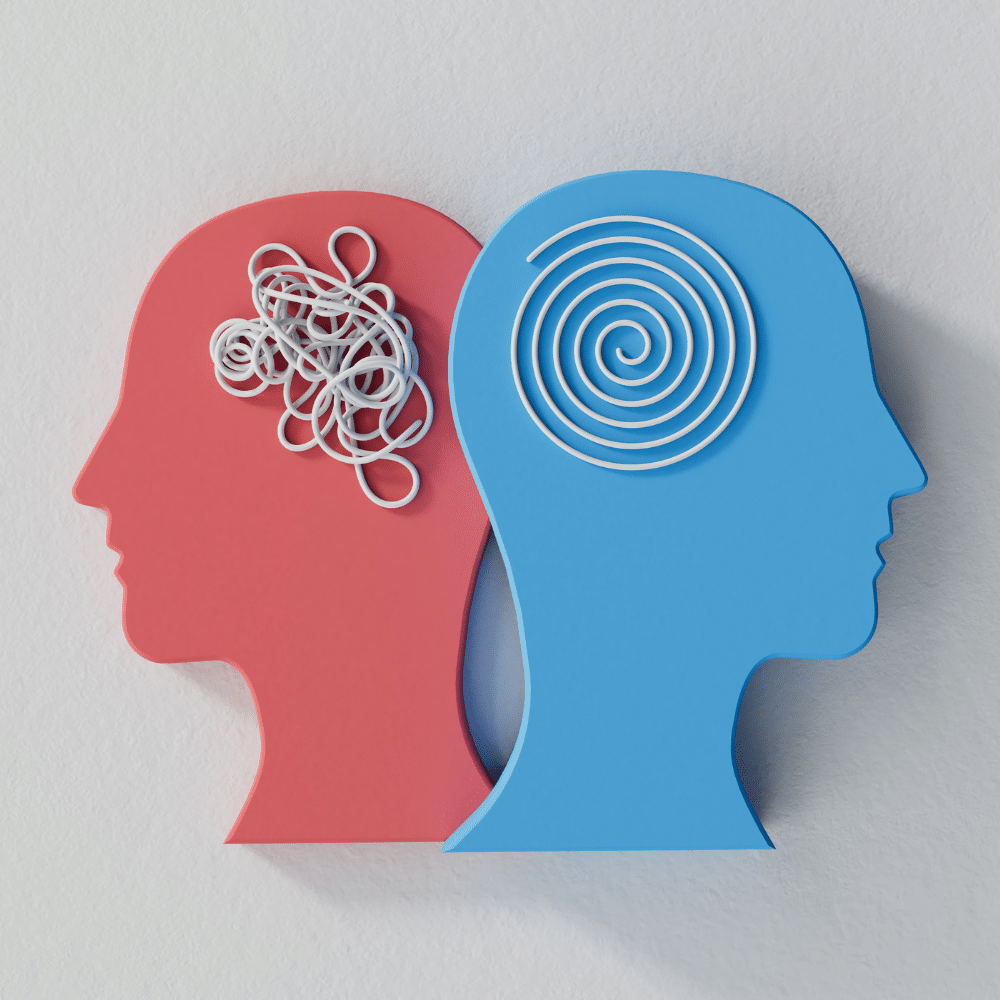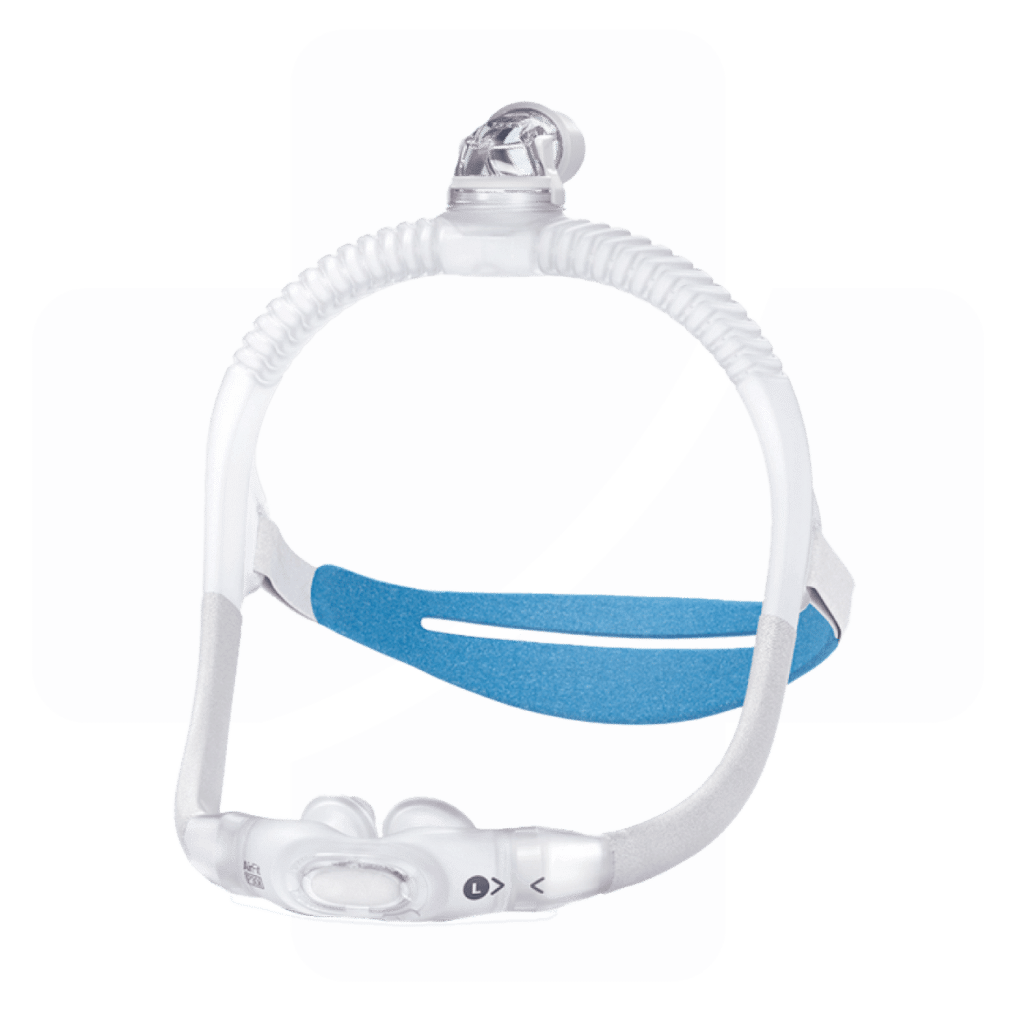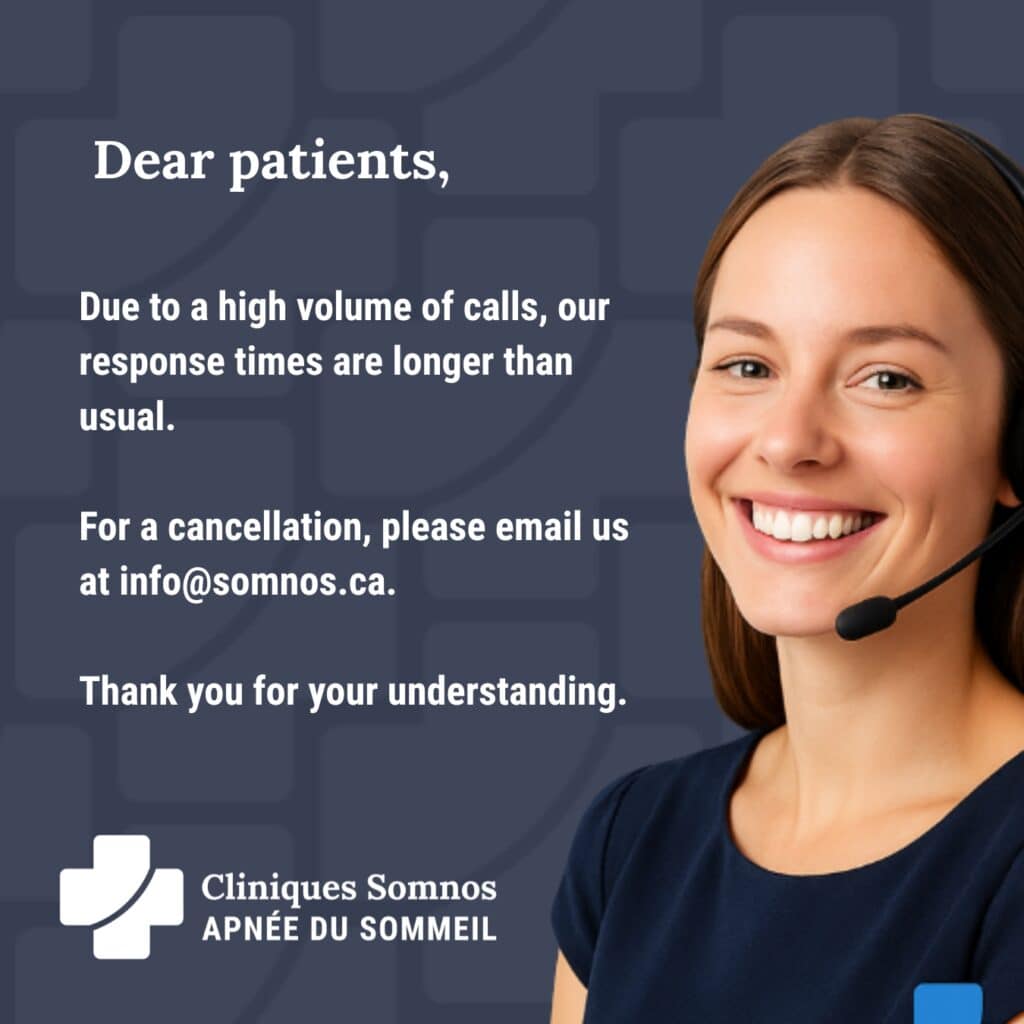Sleep apnea, a common disorder characterized by repetitive cessations of breathing during sleep, is often associated with a variety of physical health problems. However, its link with mental health is less known but just as significant. This article explores the impact of sleep apnea on mental health, highlighting the specific disorders it may cause or exacerbate and offering perspectives on the management and treatment of these effects.
Sleep apnea does more than just disrupt sleep; it can also have consequences on mental health. Studies have shown that people with sleep apnea are at increased risk of developing mental disorders such as depression, anxiety, and mood disorders. These disorders are not only a direct consequence of lack of restful sleep, but also the physiological effects of apnea, such as reduced oxygen levels and fragmented sleep.
Sleep apnea affects mental health through several mechanisms. The most obvious is sleep disruption. Poor quality and interrupted sleep impairs the brain’s ability to rest and rejuvenate, which can lead to increased irritability and a reduced ability to handle stress. Additionally, drops in oxygen due to respiratory arrests can have detrimental effects on brain function, worsening symptoms of existing mental disorders or triggering new ones.


Faced with the impact of sleep apnea on mental health, it is crucial to adopt a holistic management and treatment approach. The first step is often to treat the sleep apnea itself, which may include the use of continuous positive airway pressure (CPAP) machines.
At the same time, it is also important to directly address mental health issues. This may involve therapy, medication, or stress and anxiety management strategies.
Sleep apnea is more than just a sleep disorder; its ramifications for mental health are profound and often underestimated. Recognizing and treating both sleep apnea and its effects on mental health is crucial to improving quality of life. If you or a loved one are affected by sleep apnea and experience symptoms of mental disorders, do not hesitate to consult a healthcare professional. Proper diagnosis and treatment can pave the way to better overall health and increased well-being.
